Your old lead-acid UPS keeps failing. This constant replacement cycle costs money and puts your critical systems at risk. Lithium-ion UPS technology ends this cycle for good.
Yes, lithium-ion UPS systems are the new standard for critical power. They offer a much longer lifespan (8-10 years), zero maintenance, and a lower total cost of ownership. Their superior reliability and smaller footprint make them the ideal choice for modern data centers, hospitals, and businesses.
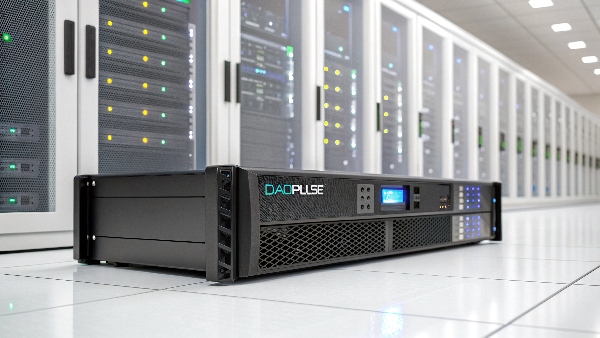
Transition Paragraph:
I'm a manufacturer at Daopulse, and for a decade I've seen the power industry change. In the past, every discussion was about lead-acid. Now, when a client like Mr. Li from a large construction firm calls, his first question is about lithium. He needs to spec a reliable system for a new hospital wing. He wants to know if the higher cost makes sense. Let's break down the questions I hear most often from professionals just like him.
Are Lithium-Ion UPS Worth It?
The higher initial price of a lithium-ion UPS makes you hesitate. You worry about the project's budget. But this initial cost hides the huge long-term savings you will gain.
Yes, a lithium-ion UPS is absolutely worth it for critical applications. The higher upfront cost is quickly offset by a much longer lifespan, zero required maintenance, and superior performance, resulting in a significantly lower Total Cost of Ownership (TCO).
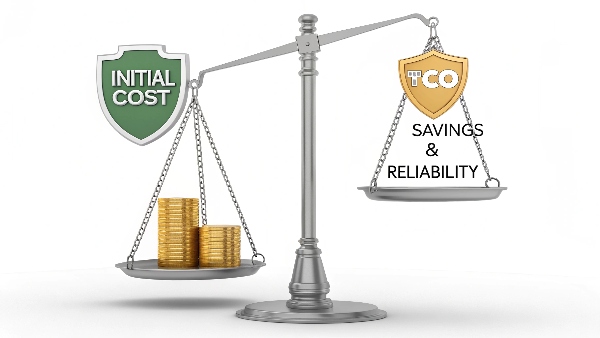
Dive deeper Paragraph:
I always have a frank conversation with procurement managers about Total Cost of Ownership (TCO). A lead-acid UPS looks cheap on the quote, but it's a hidden subscription. You pay for it again every 3-5 years. You have to buy new batteries. You have to pay a technician to install them. And you carry the risk of downtime during the swap. The lithium-ion UPS has one cost: the purchase price. After that, it just works for a decade. The math is simple, and that's why more and more projects are starting to use lithium-ion UPS systems. A smart manager sees that paying a bit more upfront saves a lot of money and headaches later. It's not just a purchase; it's a strategic investment in reliability and predictable budgets. This shift to long-term value is becoming the industry standard.
| Feature over 10 Years | Standard Lead-Acid UPS | Daopulse Lithium-Ion UPS |
|---|---|---|
| Initial Investment | Lower | Higher |
| Battery Replacements | 2-3 Times | ZERO |
| Maintenance Costs | High (Labor + Parts) | ZERO |
| Total Cost of Ownership | VERY HIGH | LOW |
What Is a Lithium UPS?
You see "lithium UPS" everywhere, but it sounds like just another marketing term. This makes it hard to see the real, practical benefits. It's a huge technology upgrade.
A lithium UPS is an uninterruptible power supply that uses a lithium-ion battery pack instead of a traditional lead-acid one. It uses a safer, more stable chemistry (LiFePO4) and a smart Battery Management System (BMS) for superior safety and longevity.
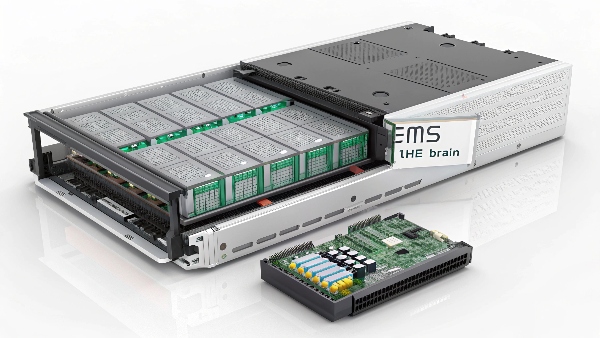
Dive deeper Paragraph:
At its core, a lithium UPS1 is a simple concept. We take the standard UPS electronics and replace the old, heavy lead-acid battery with a modern lithium-ion pack. But the magic is inside that pack. It’s not the same battery that's in your phone. For industrial use, we use a chemistry called Lithium Iron Phosphate (LiFePO4)2. It's incredibly stable and safe. The second key part is the Battery Management System3, or BMS. The BMS is the battery’s brain. It constantly monitors every cell to make sure it's operating perfectly. It prevents overcharging and balances the cells to maximize lifespan. A lead-acid battery has none of this; it's a passive block of metal and acid. This smart technology is why a lithium UPS is much lighter and smaller. You can often get the same power in half the rack space, saving valuable room in your facility.
Can You Ship Lithium-Ion Through UPS?
You need to ship your new UPS, but the words "lithium-ion" trigger warnings about shipping regulations. This creates anxiety about delays. A certified OEM handles all this complexity for you.
Yes, you can ship lithium-ion batteries with major carriers like UPS, FedEx, and DHL. As the manufacturer, we ensure the batteries are fully UN38.3 certified for transport. We handle all necessary documentation and labeling to ensure a smooth, compliant delivery worldwide.
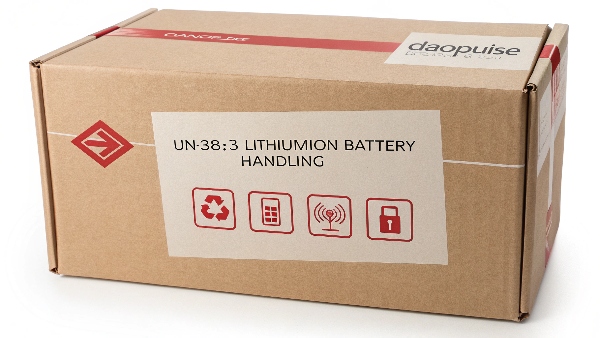
Dive deeper Paragraph:
This question always makes me smile because of the double meaning. The answer is yes, you can ship lithium-ion batteries via carriers like UPS. However, it is highly regulated for safety reasons. The key is a certification called UN38.3. Before we can ship any battery, it must pass a series of harsh tests that simulate rough transport conditions—like severe vibrations, drops, and extreme temperatures. As an experienced OEM manufacturer, this certification is our job. We ensure every single battery system we produce is fully tested and certified. We handle all the paperwork, the correct labeling, and the communication with the freight forwarders. Our clients don't need to worry about any of it. They just place an order and we deliver a compliant, safe product to their doorstep, anywhere in the world. This is a critical service we provide.
Why Don't UPS Systems Use Lithium?
You still see many lead-acid UPS units for sale. This might make you think that lithium isn't a good fit for UPS systems. The reality is the market is changing fast.
This is a common misconception; they absolutely do. The adoption of lithium-ion in UPS systems is growing rapidly. Historically, the higher initial cost slowed adoption. Now, with lower TCO and safer LiFePO4 technology, it's becoming the standard.
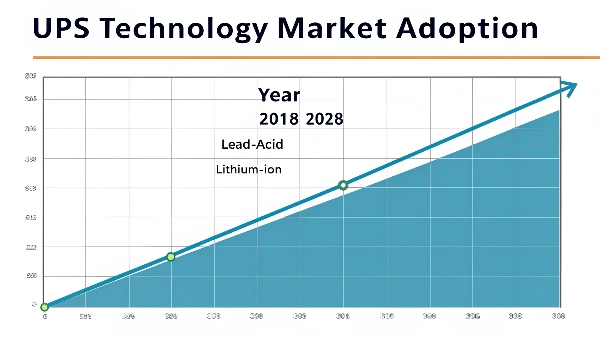
Dive deeper Paragraph:
This question comes from an outdated view of the market. For many years, lead-acid was the only choice. Lithium was too expensive and the early chemistries weren't as stable. But the industry has changed completely in the last five years. The technology matured. We now use incredibly safe LiFePO4 chemistry. And as manufacturing has scaled up, the price has become very competitive, especially when you consider the Total Cost of Ownership. Today, we see that more and more projects are starting to use lithium-ion UPS systems. At my company, we still design and manufacture lead-acid units for specific legacy needs or budgets. But for any new critical project—a hospital, a data center, or a bank—the conversation almost always leads to lithium. It is no longer a question of "if," but "when" it will become the default technology for all critical power.
Conclusion
Lithium-ion UPS systems are worth the investment. They offer a lower total cost, superior safety, and a much longer lifespan. Contact us to customize a solution for your project.
-
Learn about the innovative features of lithium UPS systems and their advantages over traditional lead-acid options. ↩
-
Explore the advantages of LiFePO4 batteries, including their stability and safety, which are crucial for industrial applications. ↩
-
Understanding BMS technology is essential for optimizing battery performance and lifespan in various applications. ↩

